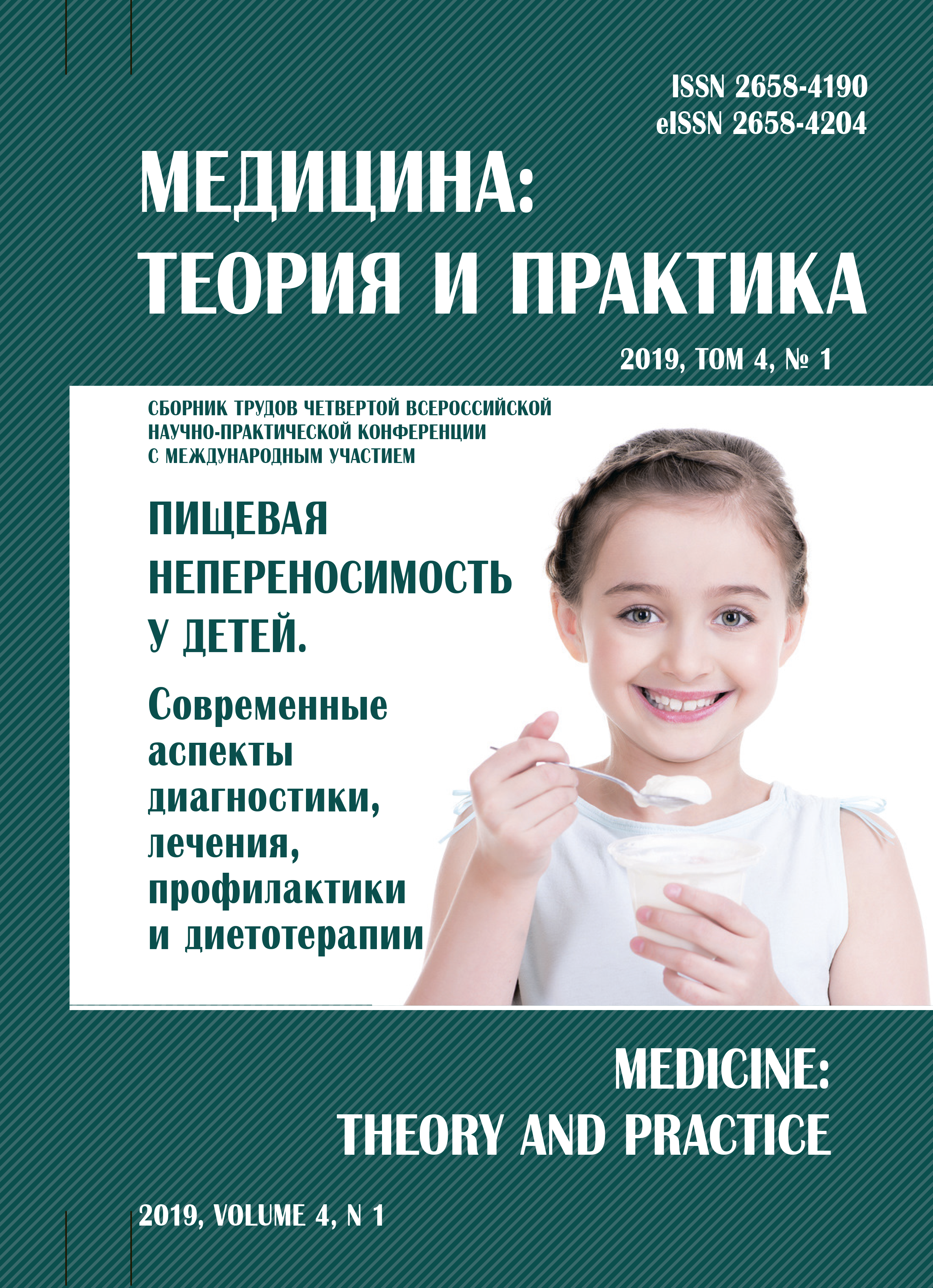Food behavior ass essm ent by the dutch debq in children and teenagers with obesity and excess body mass
Abstract
The purpose of the study is to identify eating habits (emotiogenic, restrictive, external) in children and adolescents with overweight and obesity. Materials and methods. Surveyed 53 children (20 girls (38%), 33 boys (62%)). 7 children (13%) had obesity I degree — 10 (19%), II degree — 12 (23%), III degree — 17 (32%), IV degree — in 7 children (13%). Diagnosis was carried out according to WHO criteria. The Dutch Questionnaire DE BQ was used to identify the types of eating disorders. Results. Every second child with obesity and overweight controls his eating behavior, and every second has a violation. Disorders of external and emotiogenic types of eating behavior are present in every fourth patient, in restrictive cases — in every seventh patient. In obesity I and IV , the external type prevails (50.0% and 42.9%, respectively). Findings. Our data show that when managing patients with obesity, it is necessary to take into account the presence and type of eating disorders.



